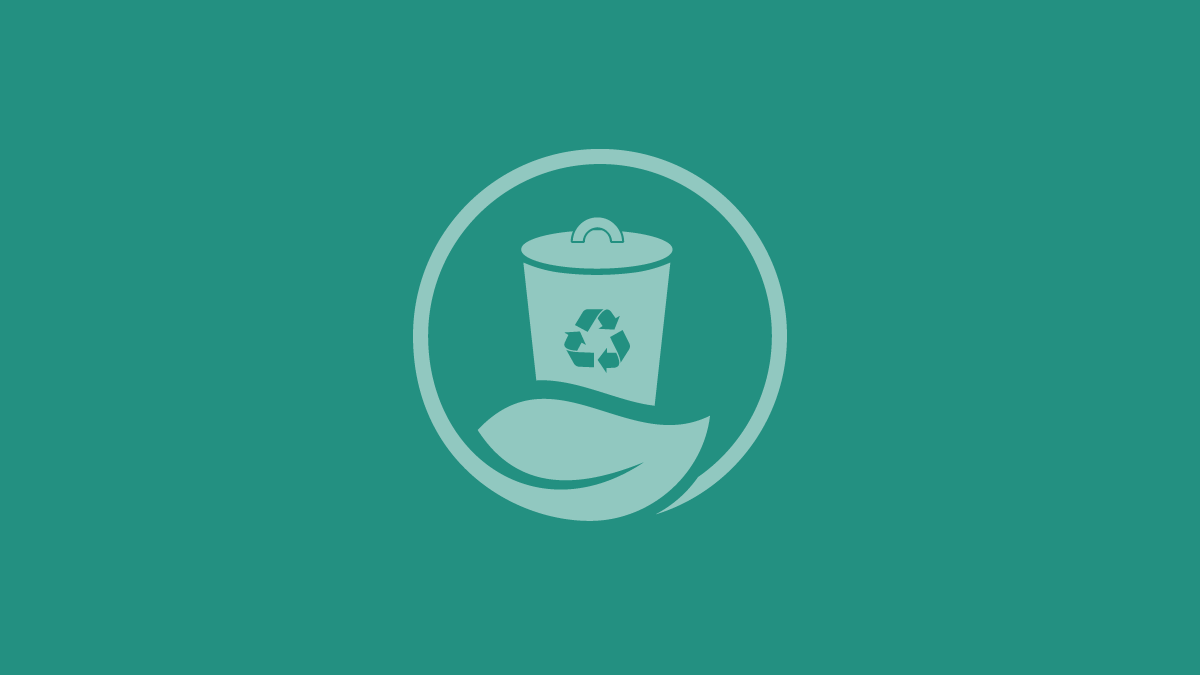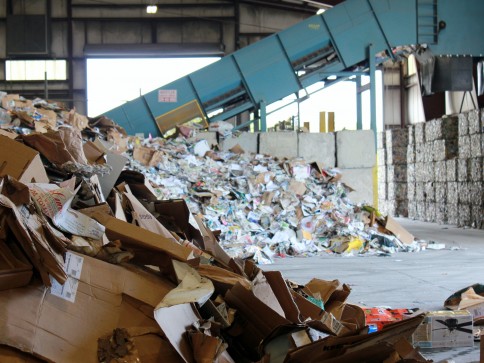Take the Plastic-Free July Challenge!
More and more, people are recognizing the threat that single-use plastic items pose to our waterways, wildlife, and natural resources. This July, join millions of people around the world by pledging to reduce their reliance on single-use plastic items. Learn more at: https://www.plasticfreejuly.org/
- About 8.3 billion tonnes of plastic has been produced since the 1950s – the weight of roughly a billion elephants or 47 million blue whales.
- Only about 9% of the plastic produced has viable recycling options.
- Plastic is made from nonrenewable resources and the extraction, manufacturing, and transportation of plastic goods is very energy intensive and polluting.
- 8 million metric tons of plastic enters the world’s oceans each year. Scientists believe this plastic comes from litter that enters waterways – and not primarily from any particular point source or ocean dumping.
- Scientists have documented 700 marine species affected by ocean plastic.
Think Before You Buy and Think Before You Throw!
Now more than ever, many of us are relying on online shopping, takeout meals, and single-use disposable items. This is increasing the amount of trash and recyclables that we generate at home, and so it’s important to pay special attention to the items we’re purchasing and the things we’re placing in our recycling bins. By doing so, we can discover opportunities to prevent unnecessary waste and make sure we’re recycling properly. Here are some tips for you to try from home!
Create a Culture of ‘Bring-Your-Own’!
The most effective way to reduce waste is to prevent it before it occurs. We can be more proactive about not allowing new plastic to enter our homes with just a little planning-ahead! Keep reusable shopping bags in your car, in your book bag, or by the front door so you have them handy on the way to the store. Keep a reusable spoon, fork, and straw in your desk at work so you can avoid single use cutlery (plastic utensils are not recyclable). Eliminate disposable beverage containers by bringing your own reusable water bottle or coffee mug for on-the-go.
Reflect on Your Shopping Habits!
Up to 30% of residential garbage is food product packaging. Keep this in mind when choosing items in the grocery store. Look for items that come in reduced packaging, or look for items that come in packaging that you know is recyclable. Buying in bulk is a great way to reduce unnecessary waste. Many local stores in the community offer bulk options for dry goods and some household items. Many stores will allow you to bring your own containers! Shopping at your local farmers market is an easy way to shop plastic-free, and the food is fresh and local!
Know Your Packaging to Recycle Right!
The next time you’re browsing online stores, pause and reflect before adding an item to your cart. Ask yourself the following: Can I make do without this item? Can I adapt something I already own to serve a similar purpose? Can I borrow this from a friend or relative? Or, can I buy a used version?
Shopping online and ordering takeout is great for social distancing, but all of that extra packaging builds up and requires natural resources to produce. Below are some common plastic items you may encounter along with general tips about what to do with them:
Packing Peanuts: Most recycling programs DO NOT accept packing peanuts. Avoid putting them in your bin. Instead, use them at home to safely store delicate items, or ask your local shipping service if they will take them for reuse.
Foam containers or blocks: Most recycling programs DO NOT accept polystyrene foam containers or rigid blocks. If you’re creative, you might be able to upcycle these materials by using them for another purpose, or using them as a craft material. Foam should be discarded in the trash.
Plastic Takeout Containers: Many recycling programs DO NOT accept plastic takeout containers, including thin plastic, hinged “clamshells” and black plastic containers. These plastics are currently difficult to recycle for many recycling facilities.
Padded envelopes: These padded mailers are not recyclable at the curb. Instead, use them at home to safely store delicate items. If the envelope has bubble wrap inside the envelope, you can remove the bubble wrap and recycle it with other film plastics at your local grocery store! If the envelope is made by TYVEK, you can mail the tyvek envelopes back to the company and they will recycle them!
Compostable Plastic: Recycling programs DO NOT accept compostable plastic. These materials can be composted at some industrial compost facilities but should not be placed in your recycling bin with other plastics.
Want to learn more?
Ulster County Climate Action Through Zero Waste
Woodstock Bring Your Own Store


